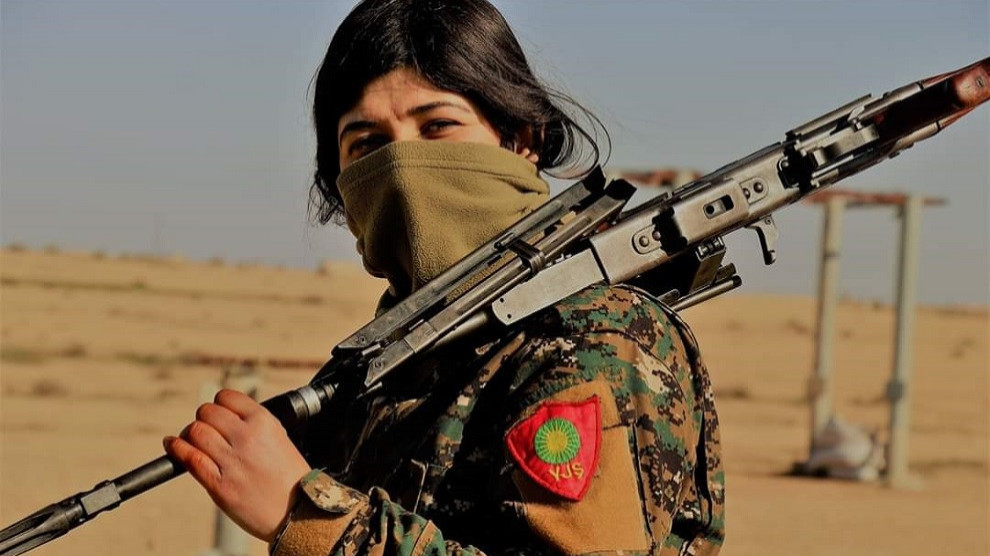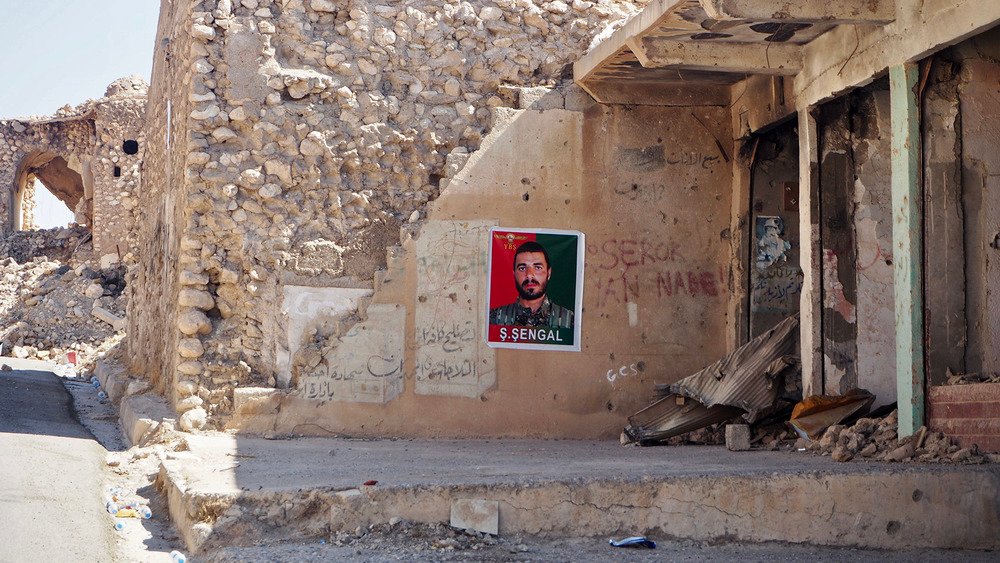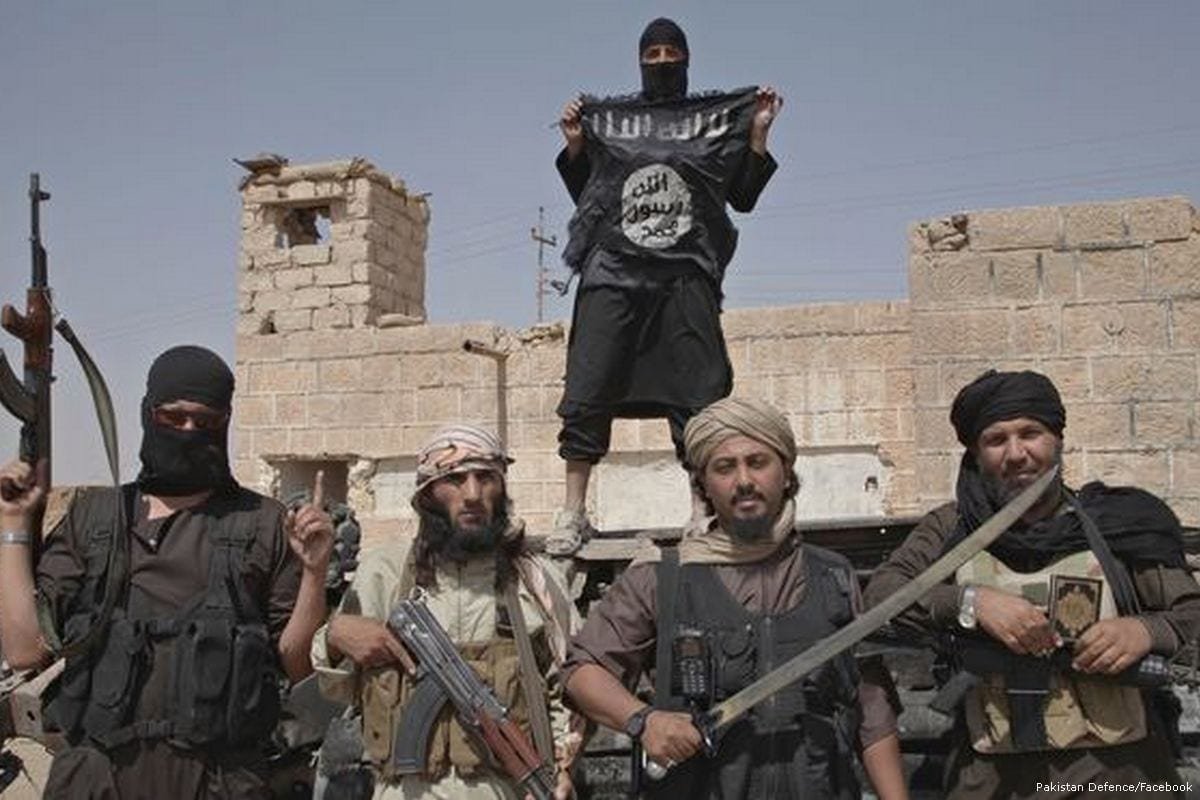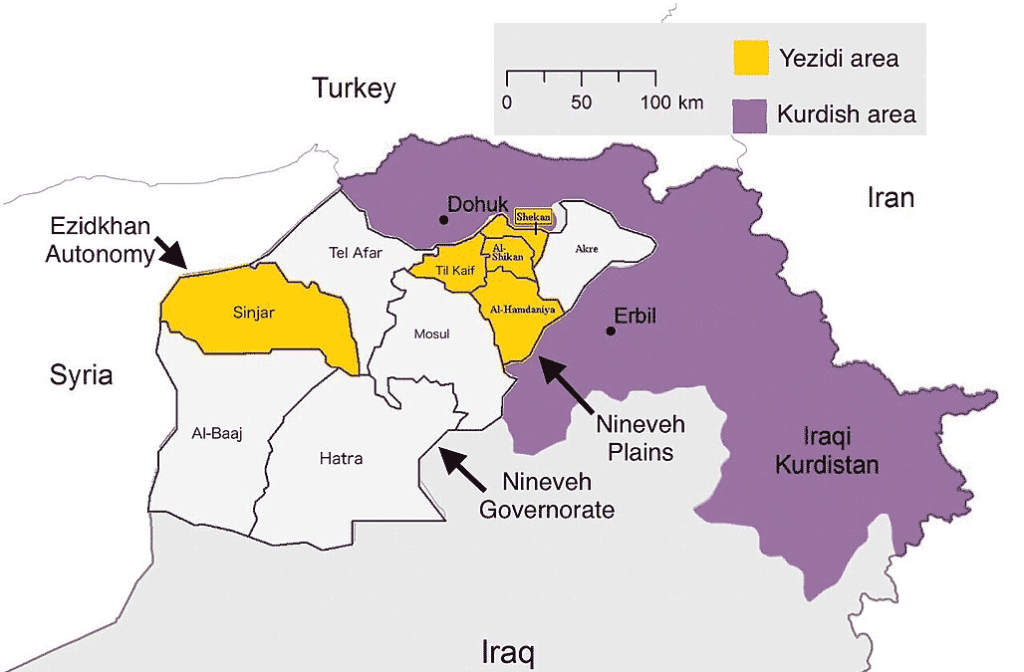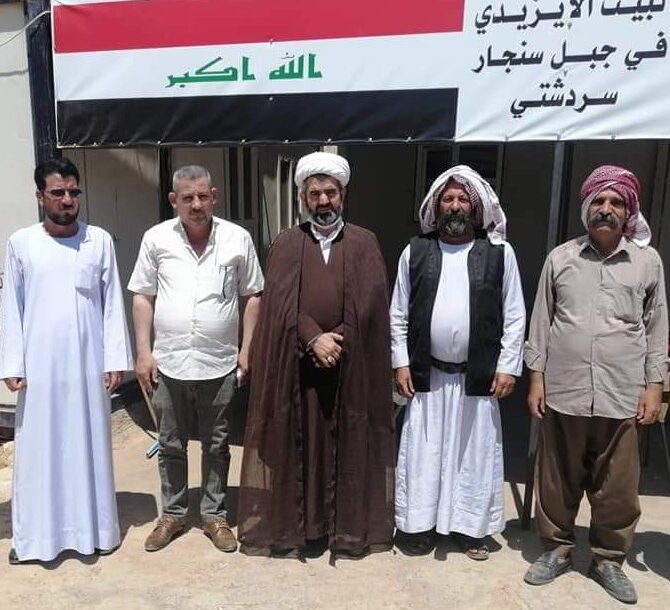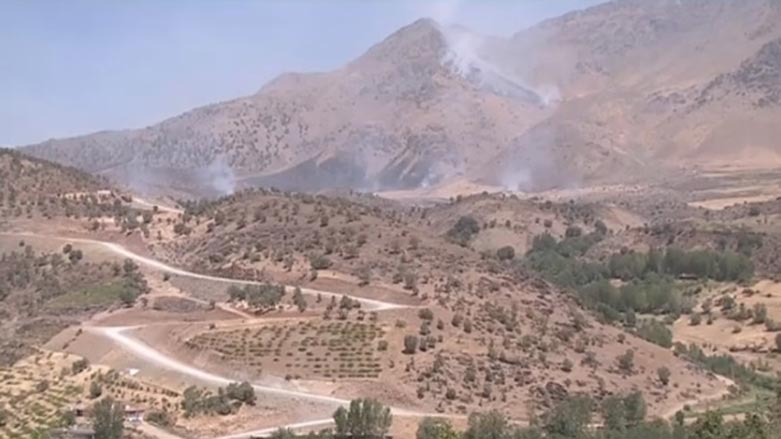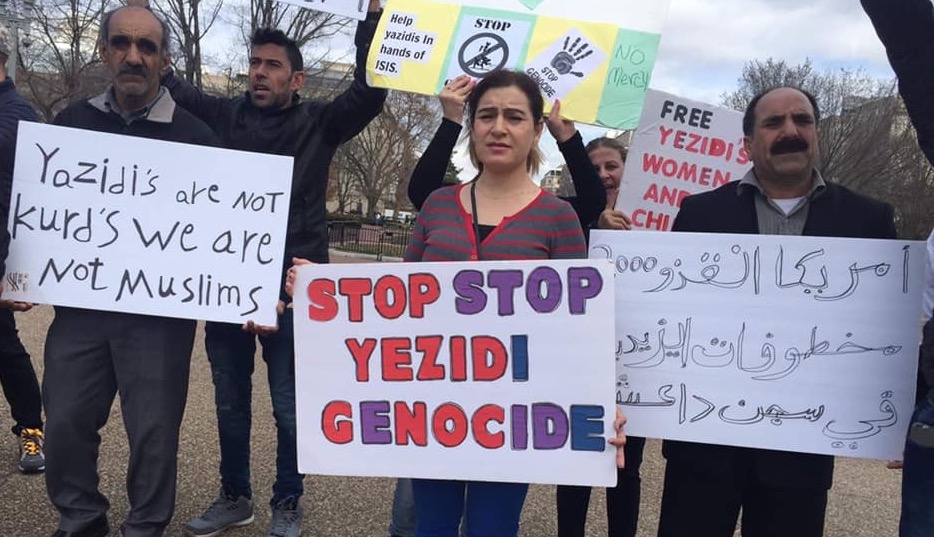Recognition grows for Yazidi genocide
The Swiss parliament officially recognized the atrocities committed by the Islamic State (ISIS) against Iraq’s Yazidi community as constituting genocide. The motion condemns the systematic expulsion, rape and murder of Yazidis, and the destruction of their cultural sites. The majority of the Swiss National Council voted in favor of the bill, with 105 lawmakers supporting recognition of the genocide and 61 opposing it. The parliament’s statement emphasized the need for reparations and justice for survivors. Switzerland joins several other countries and bodies, including the European Parliament and a UN Commission of Inquiry, in recognizing the ISIS crimes against Yazidis as genocide. (Photo: Wikimedia Commons)



